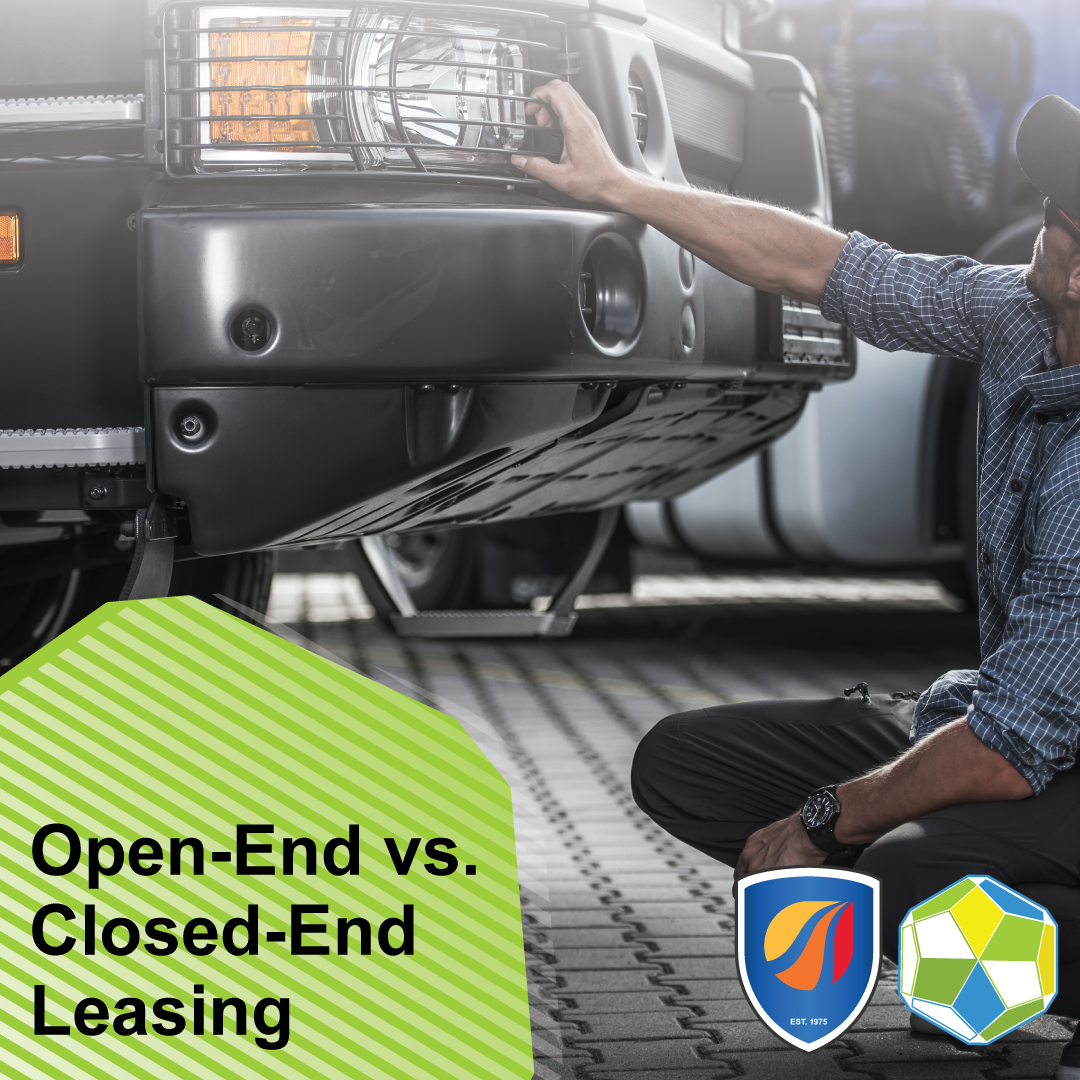 Introduction
Introduction
Your company has decided that the next new fleet vehicles should be leased so your team can have lower monthly payments and the ability to invest the rest of the money in another part of the business. The leasing company usually presents their preferred choice of the closed-end leasing, but shares the other option called open-end leasing.
You know that the residual value of the vehicle (the estimated vale at the end of the lease term) is the basis for calculating the monthly payment for both types of leases. This article will help you learn the differences between open-end and closed-end leasing.
Open-End Leasing
Also known as a finance lease, open-end leasing can provide flexible milage limit or set lease terms, but your company is responsible for the difference between the vehicle’s actual value and its residual value. This means that you take on the risk, not the leasing company. This type of leasing usually calls for a short minimum term, like 12 months.
After the short minimum term ends, the lease may be terminated without any penalty and at any time. Depending on factors like how often the vehicle is used, how many miles are driven, and the damage dealt to the vehicle, your company could either pay the difference of the two values or receive a refund.
Closed-End Leasing
Also known as a walkaway, net, or no risk lease, this lease is where there is a set lease term and mileage limits. The leasing company is responsible for any additional depreciation at the end of the lease from its residual value. You are also responsible for the vehicle’s condition. There is a fix rate and term, which usually last from 12 to 48 months. While the lessor can influence the choice of make, model, and equipment, the lessee has the final say.
If you have exceeded the milage limits or the vehicle has a lot of wear and tear, then you may be responsible for paying the fees to reimburse the leasing company for the excess depreciation, along with early termination penalties. If the milage limit is exceeded, then you may be responsible for excess mileage charge. This can be set either with a predetermined cost per mile or on a graduated scale.
What Should be Considered to Make a Choice?
Based on what you share, the leasing company should help you choose the better decision between open- and closed-end leasing. What should you share?
One of the important things to share is how your fleet is currently planned to be used. The conditions for sedans in last-mile deliveries are greatly different to those of trucks and vans in logistics. The greater the percentage of use, the greater chance it’s better to choose open-end leases.
Another important factor is your company’s willingness for risk with the residual value at the end of the lease. If you don’t plan on using the vehicles to the end of their lives, the closed-end leasing might be better. This is a better chance that the residual value of the vehicle will not affect your payments as a client.
Reputable leasing companies will help steer you to the better choice between open- and closed-end leasing. While you will pay for part of the vehicle’s life, the two leases will not differ greatly in total cost in the long term.
